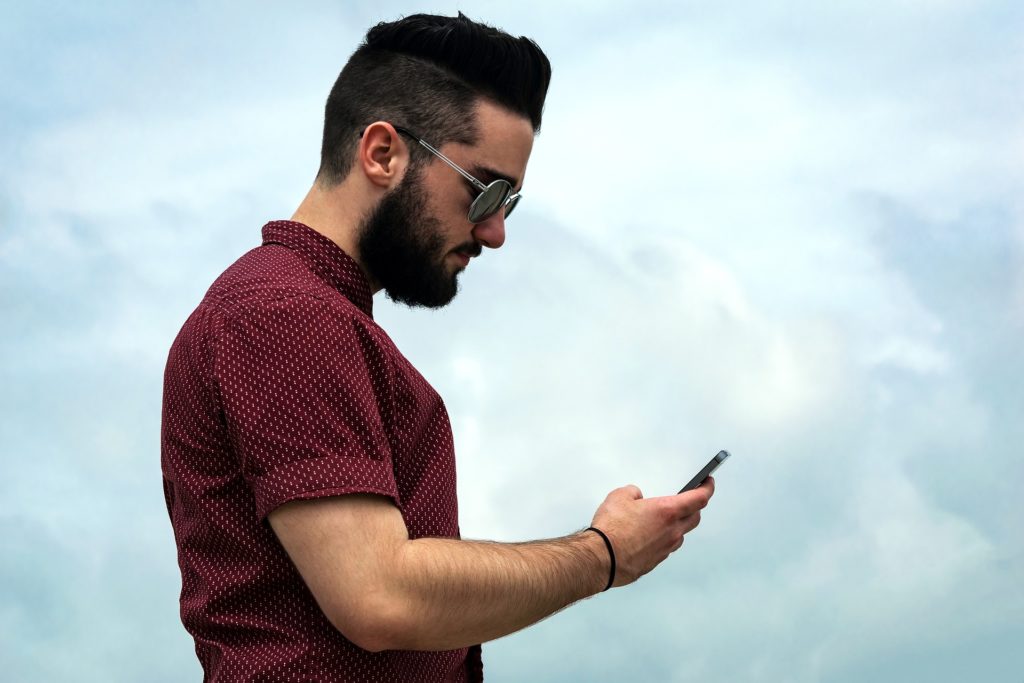They say there’s an app for everything–even boosting your mental health. Whether you struggle with a disorder or you’re simply looking to improve your mood, you can find help right on your smartphone or tablet. As many people continue to deal with pandemic stress, the convenience and low cost of apps is good news in terms of access.
The question, of course, is whether or not these apps actually help. The short answer is yes, but they should be used as a supplement to professional therapy. Many mental and behavioral health apps use evidence-based intervention techniques to provide an easy way to work on your mental health–all with 24/7 access at your fingertips—making them convenient and easy to use.
Treat them as a supplement to therapy
It’s important to understand, however, that apps are not designed to diagnose conditions or replace therapy, especially for individuals who struggle with serious mental health disorders. For the best outcomes, they should be incorporated into a treatment plan or used as support between sessions with a mental health professional.
If you’re interested in using an app to support your mental health, look beyond the star ratings. There are numerous mental and behavioral health apps to choose from and many factors to consider when making an informed decision. Your health care provider or therapist can provide guidance on the safest and most effective app for you.
Dr. David Lowenstein is a Columbus, Ohio-based psychologist with more than 35 years of experience. He conducts individual, family, and group therapy sessions in his German Village office and also via telehealth. Dr. Lowenstein is also available for expert forensic testimony, and for educational workshops and presentations. He is frequently called upon as an expert source for print, radio, and broadcast media. Contact Dr. Lowenstein at Lowenstein & Associates, 691 South Fifth Street, Columbus, Ohio, 43206, or call 614.443.6155 or 614.444.0432.


